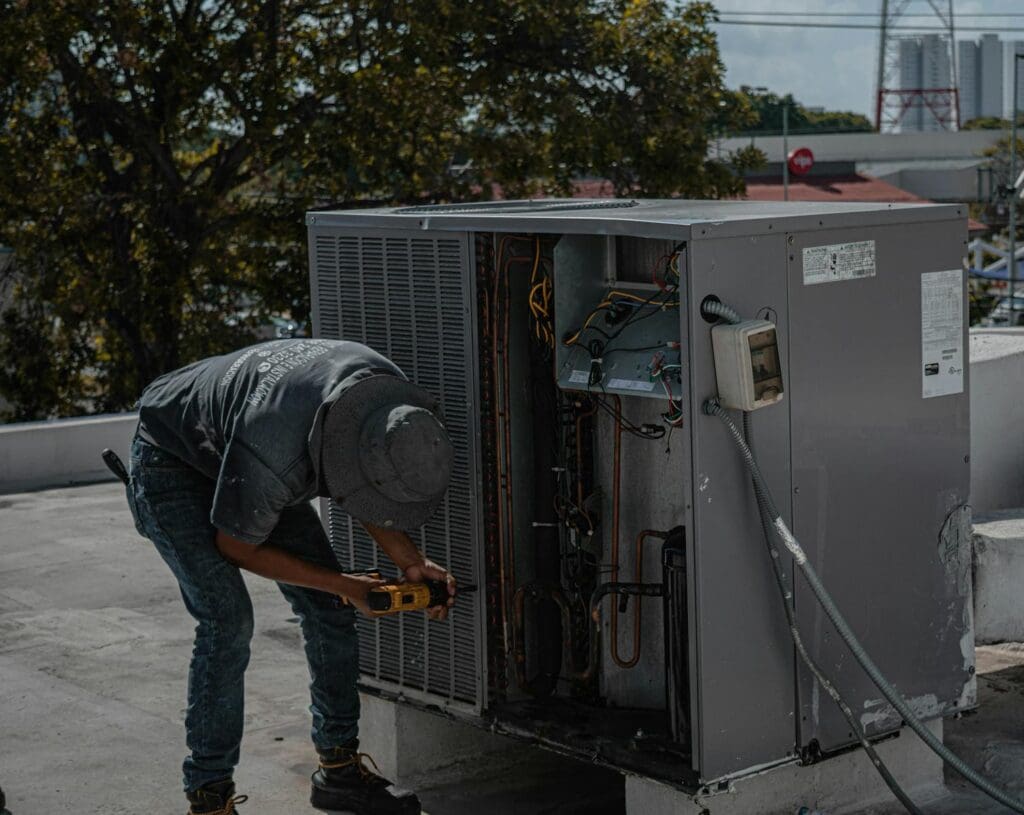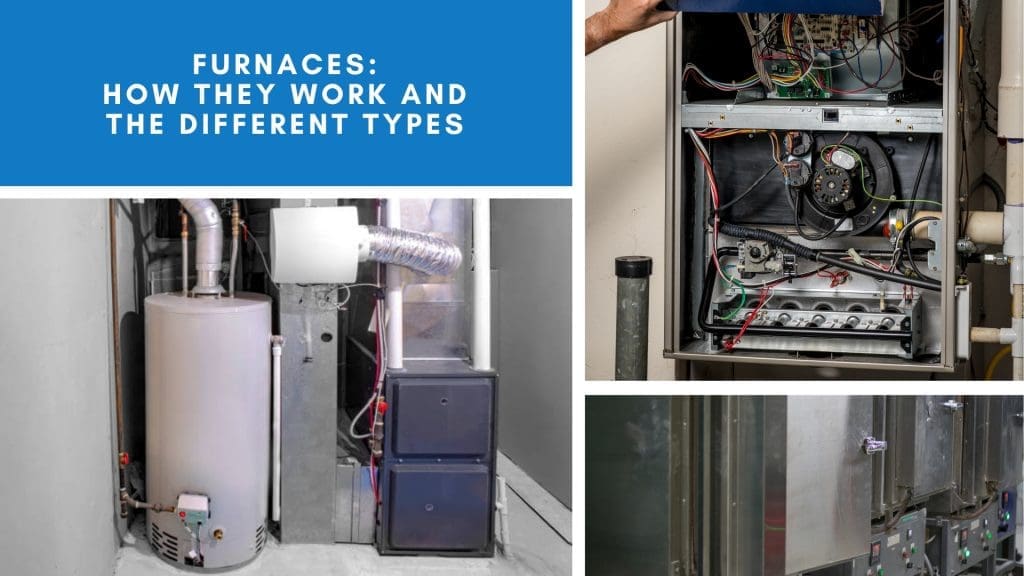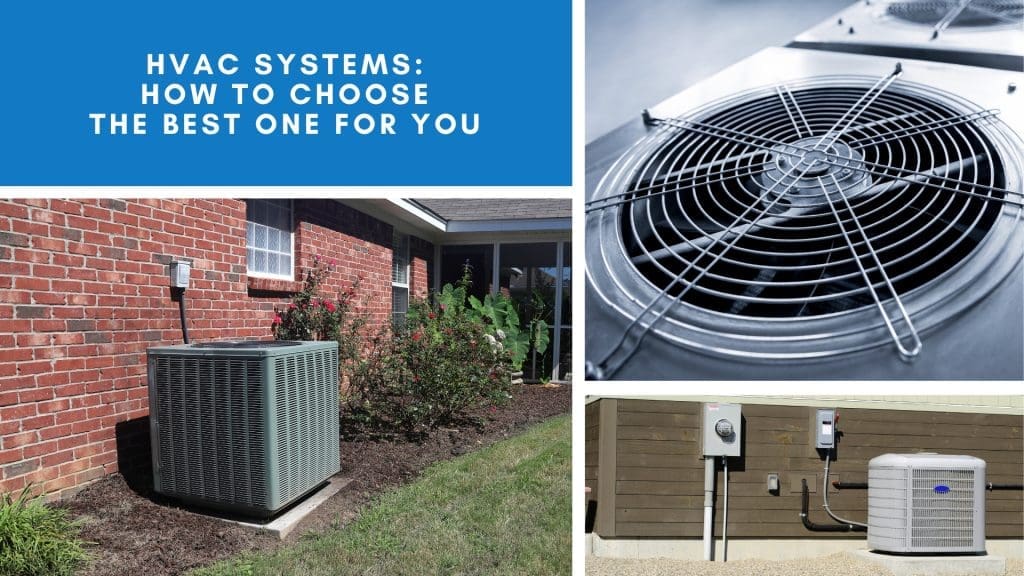As climate change exacerbates extreme weather conditions, heat waves have become more frequent and intense. For many homes, especially in regions prone to high temperatures, HVAC (Heating, Ventilation, and Air Conditioning) units are essential for maintaining a comfortable indoor environment. However, older or poorly maintained HVAC units can overheat, posing significant fire hazards. In this article, we delve into the hidden dangers associated with old HVAC units during heat waves and provide information on how to identify and mitigate these risks.
The Dangers of Old HVAC Units in Heat Waves
When heat waves strike, the demand on HVAC systems surges as they work overtime to keep indoor temperatures manageable. Older HVAC systems, which may already be compromised due to wear and tear, are particularly vulnerable under these conditions. The increased operational strain can lead to overheating, which is a critical fire hazard.
An old HVAC unit that has not been maintained correctly can have faulty wiring, worn-out components, and accumulated dust and debris. All these factors can contribute to an increased fire risk. During heat waves, when the system is running continuously, the chances of these issues leading to a fire are significantly heightened.
Furthermore, older units are often less efficient in dissipating heat. This inefficiency can cause the system to overheat more quickly than a newer, well-maintained unit. Consequently, homeowners should be particularly vigilant during heat waves, as older HVAC units are far more likely to become fire hazards under extreme conditions.
Overheating Risks in Poorly Maintained HVAC Systems
Poor maintenance is a leading cause of HVAC system failures and overheating. Neglecting regular inspections and replacements of critical components like filters, belts, and motors can lead to system inefficiencies. When these components are compromised, the HVAC unit has to work harder, generating more heat and increasing the risk of overheating.

Clogged filters can restrict airflow, causing the system to overheat. When airflow is impeded, the HVAC unit must expend more energy to achieve the desired temperature. This additional effort can generate excessive heat, which, if not dissipated effectively, can lead to a fire.
Additionally, poorly maintained systems are more likely to have electrical issues. Frayed wires, loose connections, and other electrical problems can spark and ignite flammable materials within the unit. Regular maintenance checks can identify and rectify these issues before they become a serious fire hazard.
How Aging Air Conditioners Become Fire Hazards
Aging air conditioners pose a unique set of challenges that contribute to their potential as fire hazards. Over time, the internal components of an air conditioner can deteriorate, leading to inefficiencies and failures. Components such as capacitors, compressors, and fans are all susceptible to wear and can malfunction, generating significant heat.
One common issue in aging air conditioners is refrigerant leaks. As the refrigerant levels drop, the system must work harder to cool the air, leading to overheating. Additionally, low refrigerant levels can cause the compressor to overheat, increasing the risk of a fire.
The accumulation of dirt and debris inside old hvac units can also exacerbate the risk of overheating. Dust and grime can insulate heat within the system, preventing it from dissipating efficiently. This trapped heat can reach dangerous levels, increasing the likelihood of an ignition source coming into contact with flammable materials.
Identifying Fire Risks in Old HVAC Units
Recognizing the signs of potential fire hazards in old HVAC units is crucial for preventing disasters. One of the most apparent indicators is unusual noises coming from the unit, such as grinding, squealing, or banging. These sounds can signal that components are failing and generating excess heat.
A noticeable increase in your energy bills can also be a warning sign. If your HVAC system is working inefficiently due to worn-out parts or dirt buildup, it will consume more energy and produce more heat. This inefficiency not only impacts your wallet but also increases the risk of overheating.
Frequent system shutdowns or tripped circuit breakers are another red flag. These issues often indicate electrical problems within the HVAC unit, which can quickly escalate into fire hazards. If you observe any of these signs, it is essential to have your HVAC system inspected by a professional immediately.
The Science Behind HVAC Overheating During Heat Waves
The science behind HVAC overheating during heat waves involves several factors. Primarily, it is a matter of increased thermal load. As outdoor temperatures rise, HVAC units must work harder to maintain a cool indoor environment. This increased demand can cause the internal components to heat up more than usual.
Heat waves also contribute to higher ambient temperatures, which make it more difficult for HVAC units to dissipate heat. Normally, these systems release excess heat into the surrounding environment. However, when the external temperature is extremely high, the efficiency of this heat exchange process diminishes, leading to overheating.
Additionally, the materials used in old HVAC units may not be as heat-resistant as those in modern systems. Over time, materials like insulation and sealants can degrade, losing their ability to withstand high temperatures. This degradation further amplifies the risks associated with overheating during heat waves.
Key Signs Your Old HVAC System Might Overheat
Identifying the signs that your old HVAC system might overheat is essential for preemptive action. One of the most common indicators is a burning smell coming from the unit. This odor is usually a result of electrical components or wiring overheating and can be an immediate precursor to a fire.

Another key sign is the presence of hot spots around the HVAC unit. If you notice that certain areas of the unit are unusually warm to the touch, it could be a sign that the system is struggling to dissipate heat efficiently. This condition warrants immediate attention to prevent potential overheating.
Visible smoke or sparks are urgent warning signs that your HVAC unit is in critical condition. If you observe any smoke or sparks, turn off the unit immediately and contact a professional for an emergency inspection. Ignoring these signs can lead to severe fire hazards and property damage.
Preventative Measures for Old HVAC Fire Safety
Taking preventative measures is crucial for ensuring HVAC fire safety. Regular maintenance is the first line of defense. Schedule annual inspections and tune-ups to identify and rectify potential issues before they escalate into serious problems.
Replacing filters regularly can also significantly reduce the risk of overheating. Clean filters ensure proper airflow, allowing the system to operate efficiently without generating excess heat. Always use manufacturer-recommended filters to maintain optimal performance.
Investing in a modern HVAC system can be a worthwhile safety measure. Newer units are designed with advanced safety features and more efficient heat dissipation mechanisms. While the initial cost may be higher, the long-term benefits in terms of safety and energy efficiency can outweigh the investment.
Frequently Asked Questions About Old HVAC Fire Hazards
What are the common causes of HVAC fires?
Common causes of HVAC fires include electrical malfunctions, overheating components, and improper maintenance. Issues like frayed wires, clogged filters, and worn-out parts can all contribute to the risk of a fire.
How often should I get my HVAC unit inspected?
It is recommended to have your HVAC unit inspected at least once a year. Regular inspections can help identify potential issues early, ensuring that your system operates safely and efficiently.
Can I perform maintenance on my HVAC unit myself?
While some basic maintenance tasks like replacing filters can be done by homeowners, it is advisable to have a professional conduct comprehensive inspections and repairs. Professionals have the expertise to identify and address issues that may not be apparent to untrained eyes.
Real-Life Incidents: Old HVAC Units Causing Fires
There have been several real-life incidents where HVAC units have caused fires, highlighting the importance of proper maintenance and timely replacements. In one notable case, an aging air conditioner in a residential home overheated during a heat wave, igniting a fire that caused significant property damage.
Another incident involved a poorly maintained HVAC unit in an office building. The unit’s electrical wiring had degraded over time, leading to a short circuit and subsequent fire. The fire quickly spread through the building, resulting in extensive damage and financial loss.
These incidents underscore the critical need for regular maintenance and prompt attention to warning signs. They serve as sobering reminders that the risks associated with old HVAC and poorly maintained HVAC units are real and potentially devastating.
How LC HVAC in Hollywood Can Help Secure Your Home
For residents in Hollywood, LC HVAC offers expert services to secure your home from the fire hazards associated with old HVAC units. Our team of certified technicians specializes in identifying and mitigating risks in aging HVAC systems, ensuring your home is safe, especially during heat waves.
We provide comprehensive maintenance packages that include thorough inspections, cleaning, and replacement of worn-out components. Our services are designed to enhance the efficiency and safety of your HVAC system, giving you peace of mind during extreme weather conditions.
Additionally, LC HVAC offers state-of-the-art HVAC units that are engineered for optimal performance and safety. Our experts can guide you in selecting a modern system that meets your needs and budget, providing a long-term solution to fire hazards associated with old HVAC units.
In conclusion, the risks posed by older or poorly maintained HVAC units during heat waves are significant and should not be underestimated. Overheating components, electrical malfunctions, and inefficient heat dissipation can all contribute to the potential for fires. By recognizing the warning signs and taking proactive measures, homeowners can mitigate these risks effectively. Regular maintenance, timely replacements, and professional inspections are key strategies for ensuring HVAC fire safety. For those in Hollywood, LC HVAC offers the expertise and services necessary to protect your home from these hidden fire hazards. Prioritizing HVAC safety today can prevent devastating incidents tomorrow.


